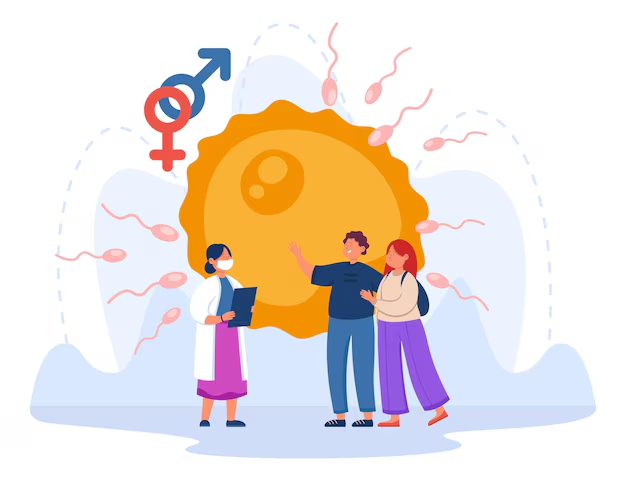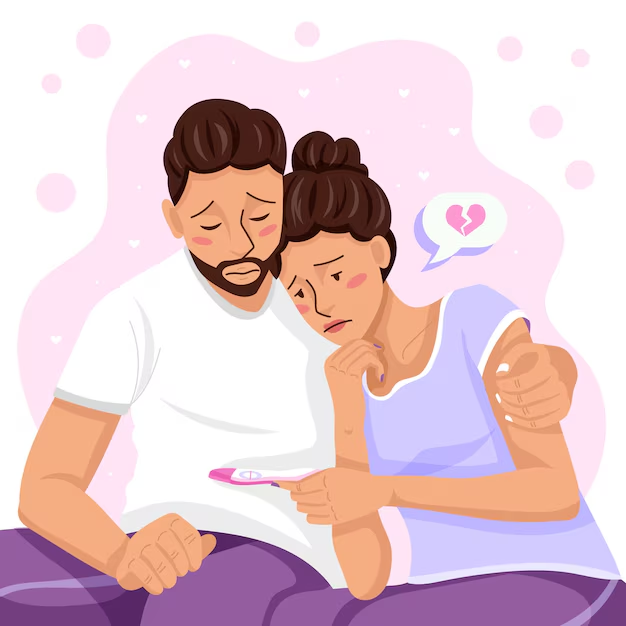Baby development at 16 weeks

Baby development at 16 weeks
Pregnancy symptoms during week 16
Round ligament pain
As your amazing uterus grows, the round ligaments that support it are thickening and stretching. Unfortunately, this can lead to a sharp, stabbing pain on one or both sides of your abdomen called round ligament pain. If this happens, try to stop and rest – round ligament pain should ease up quickly. If you still feel cramping after resting, call your doctor or midwife.
Gas and bloating
Your body is producing way more gas than usual thanks to the hormone progesterone, which relaxes muscles throughout your body – including your digestive tract. Those relaxed muscles slow down your digestion, leading to more gas and bloating and uncomfortable sensations in your gut. To get relief from gas, eat smaller, more frequent meals and take your time when eating. Avoid carbonated drinks and the artificial sweetener sorbitol. And get moving – a quick walk can get your digestion moving.
Back pain
Many women experience back pain during pregnancy. As your uterus expands, it weakens your abdominal muscles and puts extra strain on your lower back. Hormonal changes also loosen your joints and relax the ligaments that attach your pelvic bones to your spine, causing unsteadiness and pain. Exercises such as weight training, prenatal yoga, walking, swimming, and pelvic tilts can help strengthen muscles and reduce discomfort. You can also ask your partner or a friend to give you a pregnancy massage for back pain, or book a prenatal massage with a practitioner.
Breast changes
You've probably noticed breast changes like sore nipples, breast tenderness, prominent veins, pigment changes, and more pronounced bumps on your areolas. Sometimes pregnant women develop lumps and bumps in their breasts, too. These are usually harmless and could be milk-filled cysts (galactoceles) or benign breast tumors (fibroadenomas). It's unusual for a woman to develop anything serious (like breast cancer) during pregnancy. But let your provider know about any lumps that are hard or otherwise concerning.
Forgetfulness
Is "pregnancy brain" real? Researchers aren't sure, but many moms-to-be report having moments of absentmindedness and trouble focusing. No one knows exactly why this happens, but it seems likely that a combination of stress and anxiety, fatigue, and hormones could lead to forgetfulness during pregnancy. If you're having trouble keeping track of things in your daily life, try simplifying wherever possible, asking for help, and using your phone's calendar and other apps to stay organized.
Pregnancy headaches
Headaches during pregnancy are common, and can be caused by stress, dehydration, lack of sleep, cutting back on caffeine, hormonal changes, and other regular things. If you have a severe headache in the second or third trimester, however, it could be a sign of preeclampsia. Call your provider if you have a bad headache or a headache for the first time.
Pregnancy checklist at 16 weeks pregnant
Investigate second-trimester prenatal tests
New trimester, new prenatal tests. Around 16 to 18 weeks, you may be offered a test for Alpha Fetal Protein (AFP) to help screen for neural tube defects (problems with the brain and spinal cord), such as spina bifida. (This test isn't as accurate as the anatomy ultrasound, however, which you'll have in a few weeks). If you screen positive, your doctor will refer you to a specialist for a comprehensive ultrasound. Your provider can also order quad screen if you haven't had a first trimester screen or NIPT but want screening for Down syndrome.
Avoid unsafe activities
As your belly grows, it's important to avoid unsafe activities that carry a high risk of falling or that may cause trauma to your abdomen. That means scuba diving, contact sports, snowboarding, downhill skiing, four wheelers, horseback riding, and some amusement park rides are off-limits.
Track your weight gain
Your caregiver will monitor your weight to make sure you're in a healthy range and gaining at a good pace. You can also use our pregnancy weight gain calculator to stay on track.
Start a baby names list
Here's a good way to come up with baby names you and your partner can live with: Make a list of ten names you like. Have your partner do the same. Trade lists and take turns crossing off names you don't love until you (hopefully) have some in common.
Talk to your baby
Though you can't have a face-to-face chat yet, talking to your baby is a great way to start the bonding process. If having an actual conversation seems too odd, narrate your activities, read out loud, or share your secret wishes for your child. Writing a letter to your baby is also a special way to connect, now and when your child reads the letter someday.
Related Articles

Understanding Fertility and the Path to Conception

Baby development at 32 weeks

Baby development at 35 weeks

Baby development at 18 weeks

Baby development at 10 weeks

Baby development at 9 weeks

he Best Time to Get Pregnant: Understanding Your Ovulation Cycle

Pregnancy due date calculator